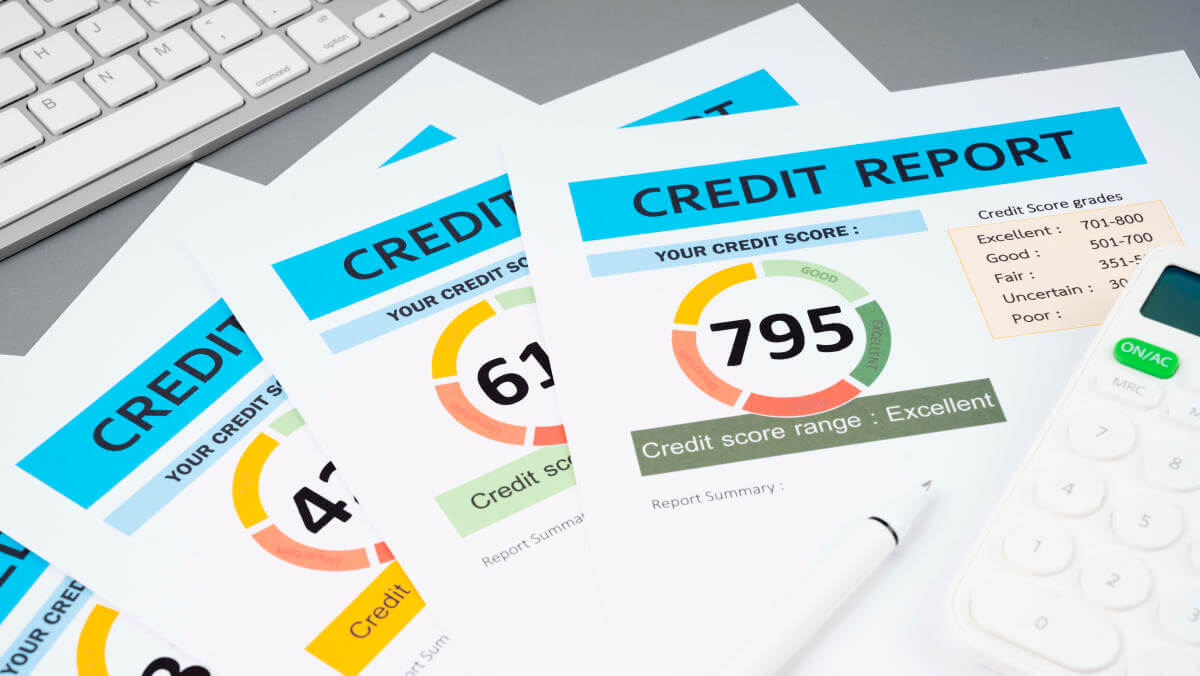
Would you be shocked to learn that you may be causing your credit score to drop?
A credit score is a unique rating based on five factors—if you make payments on time, the balances on your loans, when you established credit, how many times a creditor has reviewed your credit and how many active loans versus credit cards you have. A credit score can range between 300 and 850. The higher your score, the better your credit history. The higher your score, the better your odds of getting a loan approval with a low interest rate.
Sadly, you may be inadvertently sabotaging your credit score, causing an 850 to quickly drop to a 640. Keep reading to learn about the five ways you might be causing your score to drop and the five simple changes you can make to cause it to improve.
CREDIT SABOTAGE #1: TOO MANY INQUIRIES. When you apply for credit, it’s considered an inquiry. The more you apply for credit, the more inquiries will be on your credit report. Lenders consider any number over six to be too much.
SOLUTION #1: Slow down on those credit card applications! Credit inquiries make up 10% of your credit score, so the fewer you have, the better your score.
CREDIT SABOTAGE #2: TOO MANY CARDS. Lenders use your credit report to calculate your debt-to-income (DTI) ratio. Every open account on your credit report is factored into the DTI calculation, even accounts without a balance. If your DTI is too high, your loan application may be declined.
SOLUTION #2: Keep the number of credit cards you have low. If you have a lot of credit cards that you no longer use, consider closing the accounts. Be careful! You could lower your score if you close too many cards at once.
CREDIT SABOTAGE #3: ACCOUNT IMBALANCE. Lenders want to see a healthy mix of installment loans (like a mortgage or an auto loan) and revolving credit (like credit cards or lines of credit) on your credit report. If you have too many of one or the other, it may cause your score to drop.
SOLUTION #3: Request a copy of your credit report and review the types of accounts you have. If you think you may have too many credit cards or too many loans, get a second opinion from your local banker.
CREDIT SABOTAGE #4: FRAUD OR INCORRECT INFORMATION. When was the last time you reviewed your credit report? If there is incorrect information or if you have been the victim of identity theft, chances are your credit score is taking a hit. The longer these mistakes go on, the more your credit will suffer.
SOLUTION #4: Visit the Consumer Finance Protection Bureau (www.consumerfinance.gov) for detailed instructions on how to set fraud alerts or dispute errors on your credit report. Both are simple ways to protect your credit score.
CREDIT SABOTAGE #5: YOU’RE A CO-SIGNER. You may be tempted to help a friend or family member by co-signing on a loan. If you do, make sure you know the risk involved. If there is a default on the loan, the lender will turn to you for loan repayment. Your debt-to-income ratio may be impacted, too.
SOLUTION #5: Find out why the lender prefers to have a co-signer on the loan. Usually, the applicant is a higher risk because they have little or no credit history. Don’t sign on the dotted line until you’ve given the request serious consideration. Remember, you have the right to say “No.”
Take the first step toward preserving your credit score by requesting a free copy of your credit report at www.annualcreditreport.com. If you need help interpreting the information on your report, schedule a complimentary consultation with me here: www.calendly.com/forecastlefinancial/complimentary-consultation.